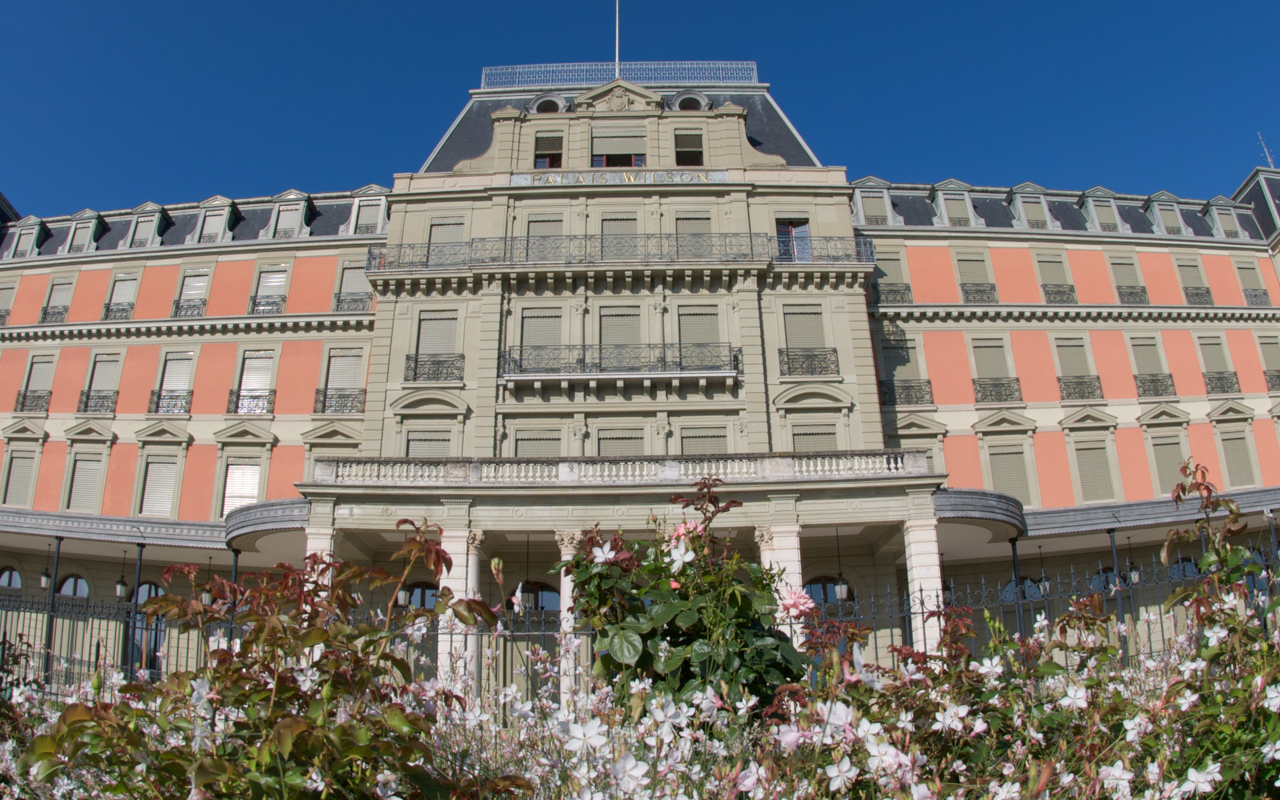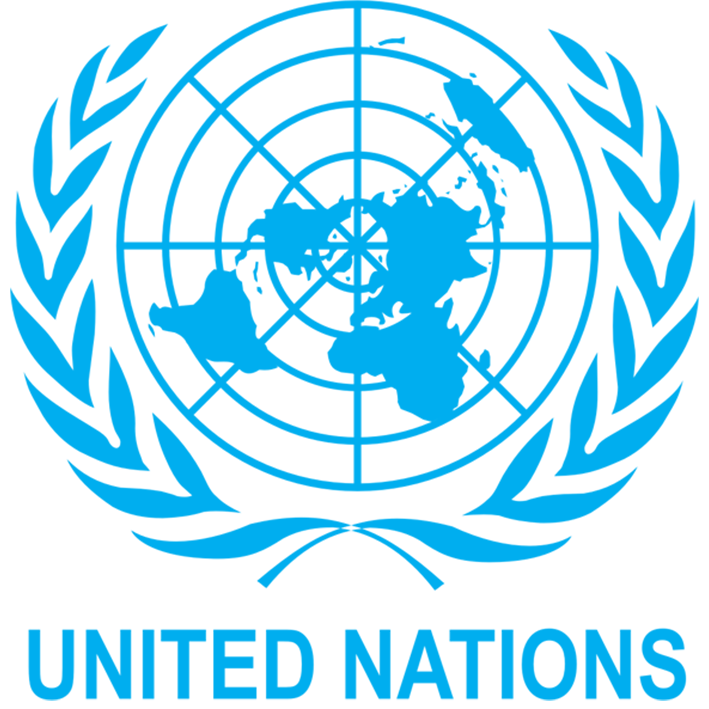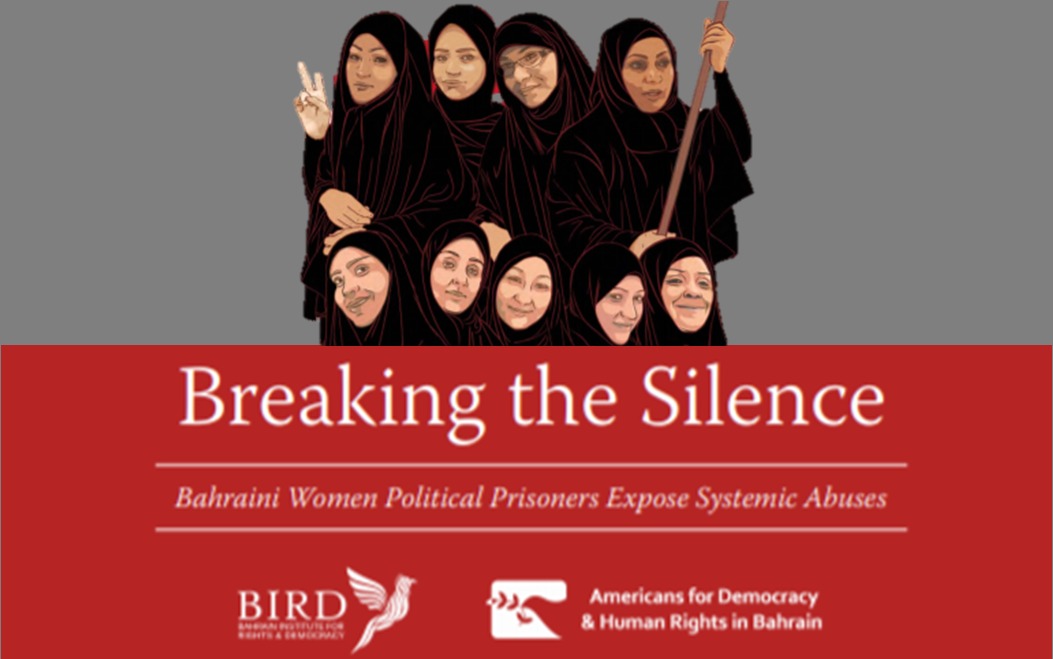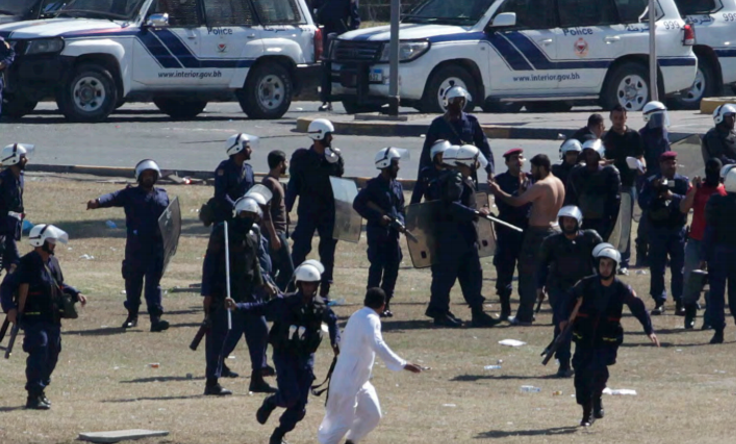In August 2019, Americans for Democracy & Human Rights in Bahrain (ADHRB) submitted a report to the Committee against Torture ahead of the Committee’s review of the United Arab Emirates. In the report, ADHRB examined how Emirati security forces torture and abuse detainees both within the United Arab Emirates as well as in secret prisons[…]
Ahead of Bahrain’s review under the Committee on the Rights of Persons with Disabilities, Americans for Democracy & Human Rights in Bahrain submitted a report attesting to the treatment of persons with disabilities in Bahrain, in particular the government’s failure to follow through with its treaty body obligations. In our submission, we examine the impact of[…]
Ahead of the United States of America’s third cycle Universal Periodic Review, Americans for Democracy & Human Rights in Bahrain (ADHRB) submitted two reports assessing how US support for the Governments of Bahrain, Saudi Arabia, and the United Arab Emirates had empowered those governments to commit numerous egregious human rights abuses. In the first submission[…]
Americans for Democracy & Human Rights in Bahrain (ADHRB) and the Bahrain Institute for Rights and Democracy are pleased to release Breaking the Silence: Bahraini Women Political Prisoners Expose Systemic Abuses, which examines the cases of nine former and current women political prisoners in Bahrain from the moment of their arrest through their interrogation, trial,[…]
Americans for Democracy & Human Rights in Bahrain (ADHRB) is pleased to release Anatomy of a Police State: Systematic Repression, Brutality, and Bahrain’s Ministry of Interior, a comprehensive look at the core security agency driving Bahrain’s human rights crisis. See the introduction to the report below, and click here to read the full report. Introduction[…]









